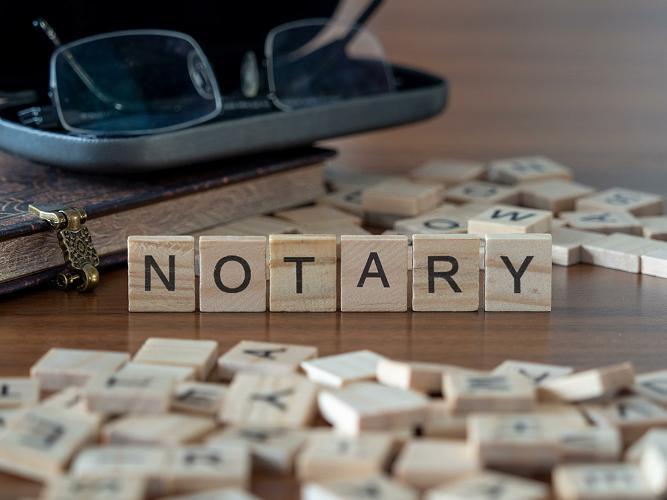Being ready with all documents will save you time and inconvenience
When dealing with legal documents for use overseas, ensuring everything is correctly prepared before your notary appointment can save you time and prevent document rejection and unnecessary delays. Whether you need to authenticate a document, complete a Power of Attorney, or legalise company paperwork, arriving well-prepared for your appointment with the Notary will streamline the process. Here's how to get ready for your notary appointment.
Identify the documents you need notarised
The first step is to determine which documents require notarisation. Common documents include:
- Passports and ID documents
- Powers of Attorney
- Property transaction papers
- Business registration and incorporation documents
- Affidavits and statutory declarations
- Certificates (birth, marriage, death, education, etc.)
If you're unsure whether your document needs to be notarised, check with the receiving authority in the country that requires notarised documentation, or consult with the notary in advance.
Bring proper identification
A key part of the notarial process is verifying your identity. Be sure to bring a valid form of government-issued identification, such as:
- A passport
- A UK or international driving licence
- A national identity card
The ID must be current and in good condition. Proof of residential address, such as a recent utility bill or bank statement, dated within the past 3 months, will also be required. Please contact the notary if you are unsure what to bring with you.
Ensure the document is in the correct format
Before your appointment, we recommend that you email the document to the notary to ensure that it can be completed correctly. Remember not to sign anything in advance! Most documents must be signed in the presence of the notary and may have other formalities (such as independent witnesses) to ensure validity – the notary can advise you on this if you send the documents electronically before the appointment.
Verify witness requirements
Some documents require additional witnesses. If this applies to your case, check in advance whether you need to bring a witness with you, or if the notary can provide one.
Confirm any additional legalisation requirements
Depending on the country where the document will be used, it may require further legalisation, such as an Apostille from the Foreign and Commonwealth Office or embassy authentication. If unsure, consult your notary for guidance on whether additional steps are necessary.
Be prepared to pay fees
Notarial services involve a fee, which varies based on the type and number of documents being notarised. Ensure you have the necessary payment method available, and request a quote in advance if needed.
Arrive on time and allow for processing time
Appointments are scheduled to ensure efficient service. Arriving on time will help avoid delays. If additional services such as legalisation are required, be mindful that these will take extra time to process.
